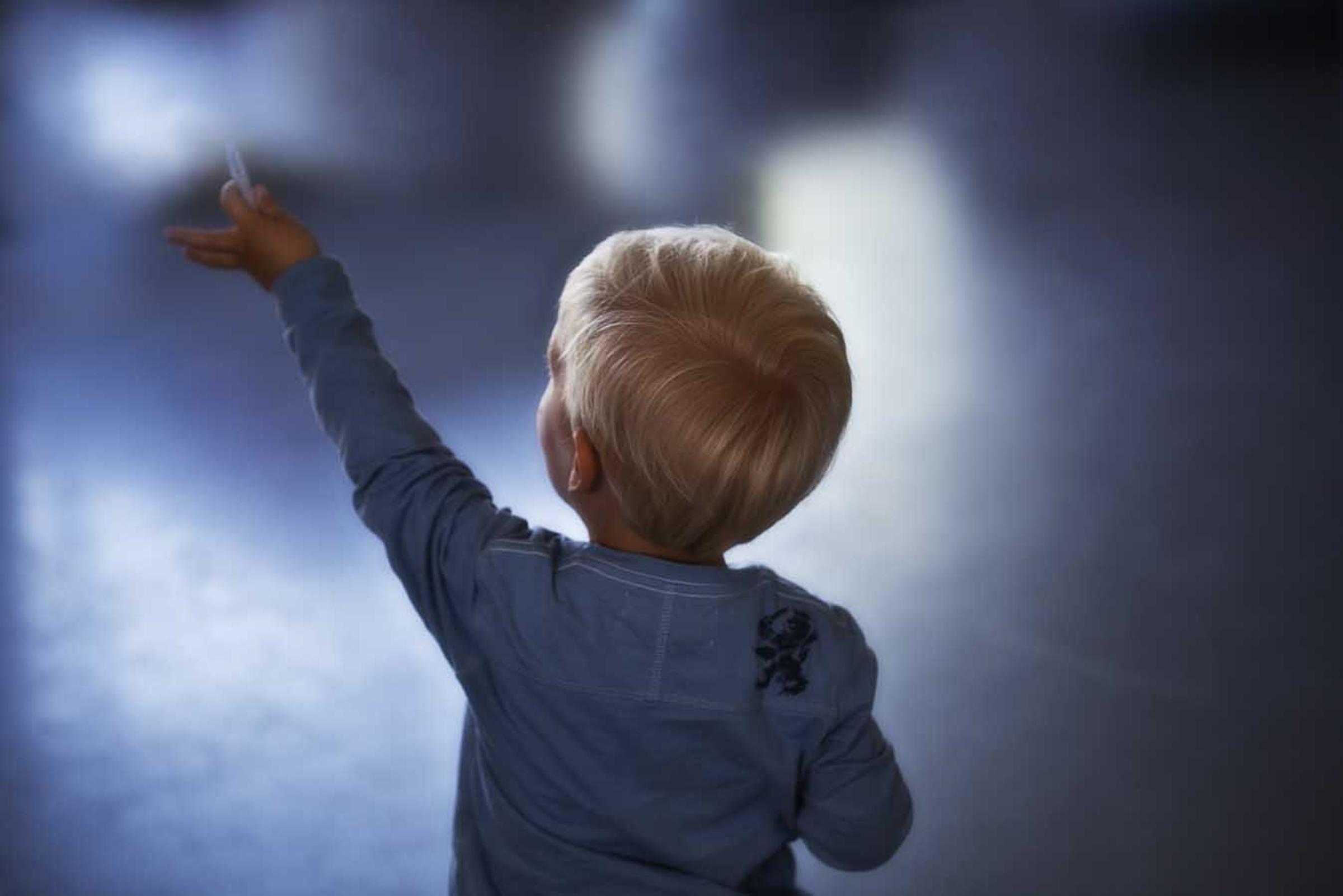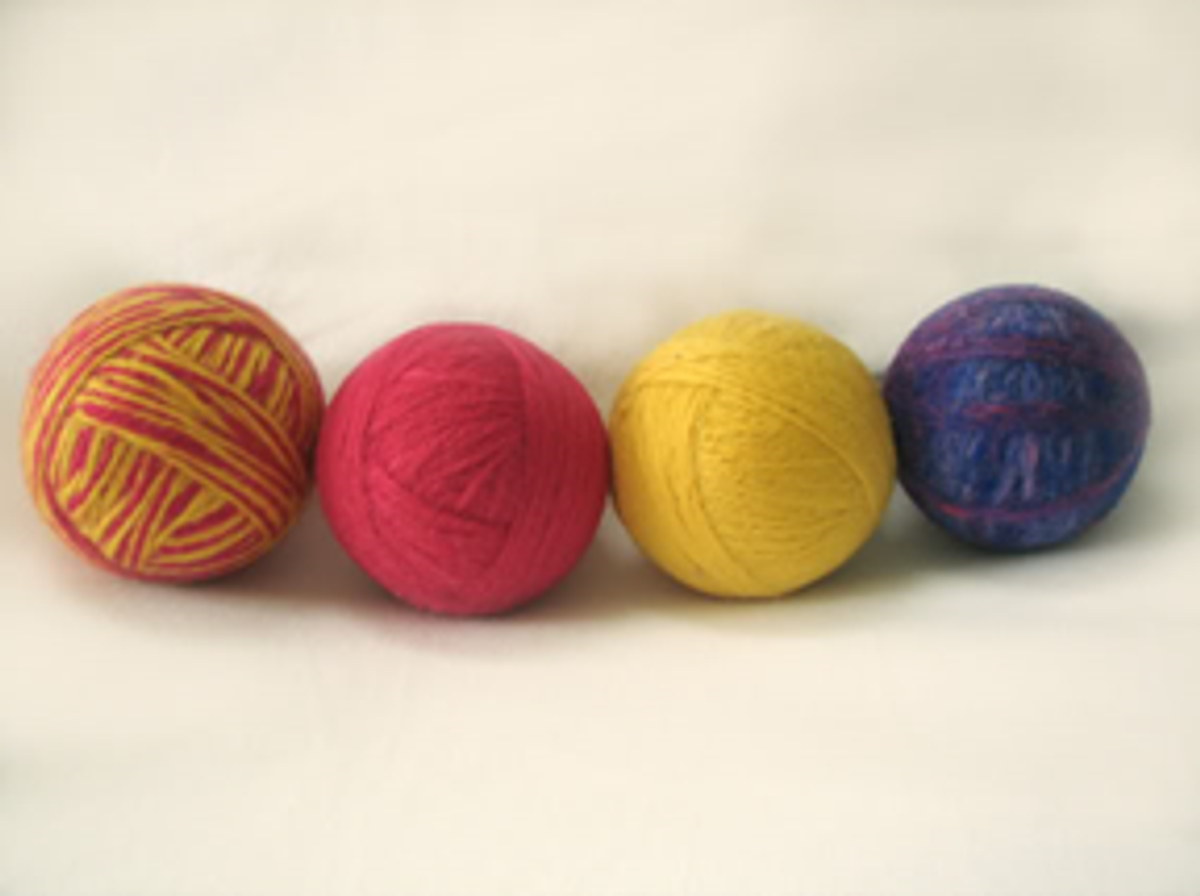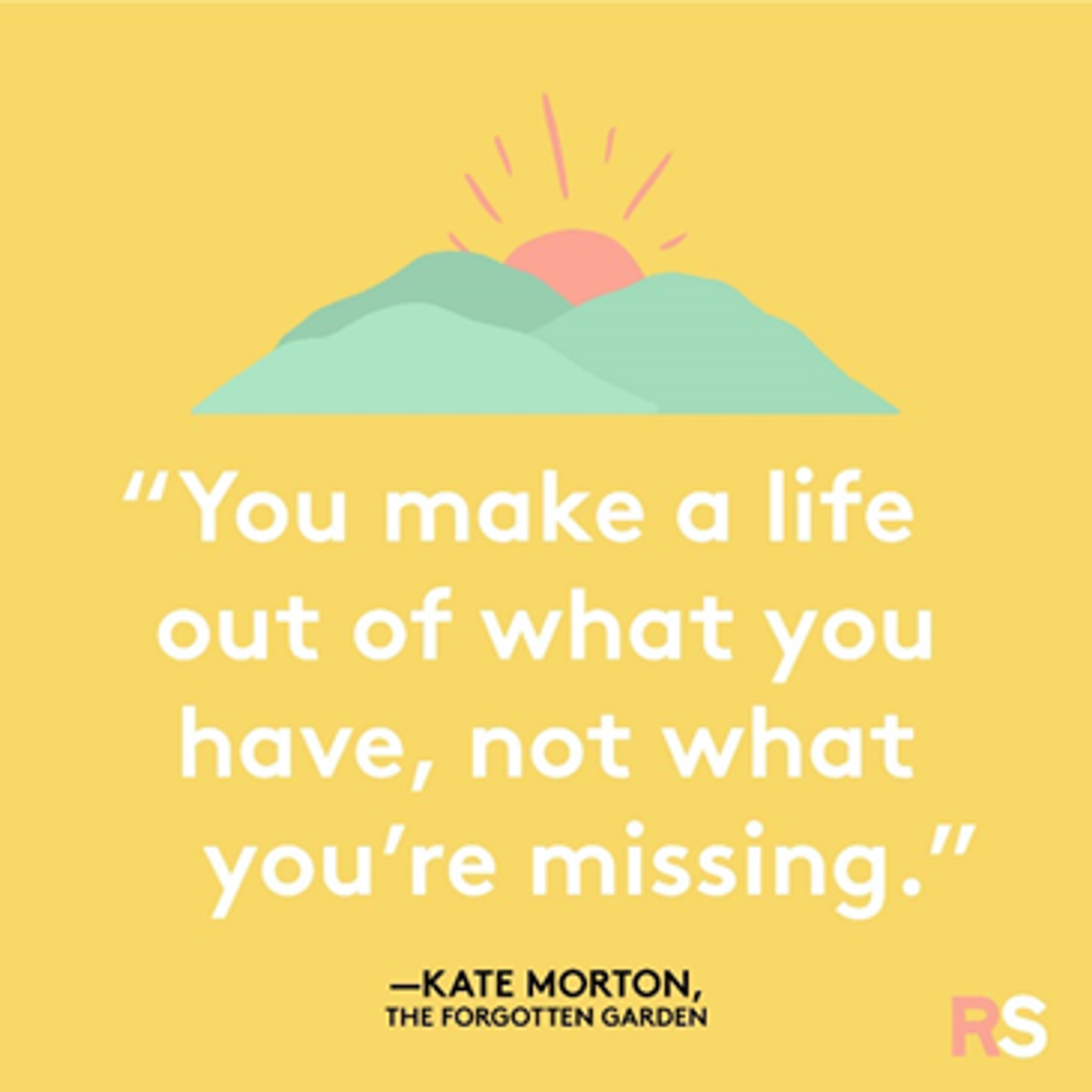
Wellbeing
REQUEST FOR WOOL DONATIONS
I am asking for any donations of wool for an art project we would like to do at the beginning of next year. If you can please bring wool donations to school it would be much appreciated.
Misbehaviour or mistake?
The following article is taken from the Parenting Ideas for school website and is written by leading Parent educator, Michael Grosse. It deals with how to help your child with their behaviour when they make mistakes.
“Ella was a distressed mum. She’d discovered her eight-year-old daughter Ruby had stolen a bracelet from another girl at school. Shocked and angry, she approached her daughter to talk about the behaviour.
Ruby clammed up, refusing to talk so Ella wisely took a step back and sought advice from her family.
Ella sought advice from her own mother who suggested that she see her daughter’s behaviour as a mistake, rather than a misbehaviour. Ella’s mother was spot on.
It’s easy to see children’s poor behaviour through a moral lens, thinking that they are somehow inherently bad, or on the road to ruin if they behave poorly or infringe on someone else’s rights. This view neglects the notion that children’s behaviour is on a steep learning curve.
They wear L-plates for a long time, which is just as well, as they are likely to mess up many times, particularly in the teenage years.
“You’ve made a mistake”
Calmly, with newfound confidence that having a plan provides, Ella approached her daughter again about the issue saying, “I know that’s (stealing) not like you. Can you tell me what happened?”
Upset, the young girl told her mum how she’d seen the bracelet for some time and just couldn’t resist taking it when the opportunity came.
Tears of remorse flowed freely. Ella asked, “What should we do now?”
“I’ll give it back.” “Good idea. I can help you if you like.”
“Thank you.”
Misbehaviour or mistake?
Viewing behaviour through the learning lens changed the way that Ella approached her daughter. If you take this approach when your children behave poorly, your language and the way you follow up the behaviour may need to change.
Punishment or making amends?
If you think that a child has misbehaved then they generally need to be punished by experiencing something unpleasant such as grounding or a loss of privileges to teach them a lesson. However, if you believe kids make mistakes, they should make amends such as returning a stolen good or making up for poor behaviour in some way.
Correcting the past or learning for the future?
When the misbehaviour is the focus, your main concern will be about the past and to ensure that the misbehaviour isn’t be repeated. When the focus is on a mistake, your main concern will be about the future and ensuring they improve the way they treat others.
Judge or coach?
When misbehaviour is the focus your role as a parent is part police, part judge ensuring rules are followed and punishment is administered fairly. When a mistake becomes the focus, your role becomes part teacher, part coach showing kids better ways of behaviour and keeping relationships intact.
In closing:
How do you view your child’s indiscretions?
Do you see them as misbehaviours to get rid of or mistakes to be learned from? Perhaps you see them as a little of both. How you view your child’s poor behaviour is a choice, and one that determines your approach and the effectiveness of your response.”
Michael Grose
Michael Grose, founder of Parenting Ideas, is one of Australia’s leading parenting educators. He’s an award-winning speaker and the author of 12 books for parents including Spoonfed Generation, and the bestselling Why First Borns Rule the World and Last Borns Want to Change It. Michael is a former teacher with 15 years experience, and has 30 years experience in parenting education. He also holds a Master of Educational Studies from Monash University specialising in parenting education.
BeYou is a national mental health in education initiative delivered by Beyond Blue,
in collaboration with Early Childhood Australia and Headspace. BeYou supports educators to develop a positive, inclusive and resilient learning community for all members of the school community, children, parents and staff. The fact sheet taken from the BeYou website is all about stress management.
Stress management
Stress is a normal reaction to life’s changes and challenges. It can motivate us to get things done and to feel better about trying new thing.
What causes stress?
People experience stress for many reasons. One of the most common reasons is sudden or unexpected change, but even positive changes can be stressful. Expected changes – such as a child or young person starting at an early learning service or school, or changing between schools – can be also stressful. Stress can be a response to a single event or might be prolonged, cumulative stress. Overwhelming stress impacts our physical and mental health, relationships, learning and development, and capacity to fulfil our roles (for example, parenting, working or studying).
Changes can happen in many aspects of a person’s life at the same time, including shifts in their:
• physical environment (such as moving house or starting a new job)
• social environment (starting at a new school, feeling isolated after moving somewhere new, feeling they can’t control or influence their environment) economic circumstances (such as an unexpected financial loss, large expense or job loss).
It’s important to remember that stress is not anxiety – an anxiety condition is when someone:
• has anxious feelings which are consistently very intense
• have feelings that persist well after the stressful event has passed
• are so distressed that it interferes with their capacity to learn, socialise and do everyday things.
Everyday stress and coping skills
Children and young people develop coping skills through exposure to manageable amounts of stress. Overcoming small stresses helps them with all the challenges they’ll meet. Some everyday stresses for children and young people include: • morning routines and getting ready for their early learning service or school
• feeling uncertain about others’ expectations
• friendship or relationship difficulties
• bullying
• worries about fitting in or being different
• managing school work, especially around exam time
Thought for the day
If you have any concerns about the wellbeing of your child, do not hesitate to contact me.
rlenko@sfslynbrook.catholic.edu.au
Rachel Lenko
Student Wellbeing Leader




